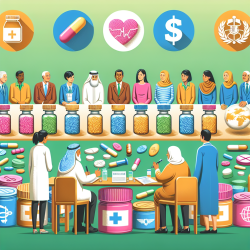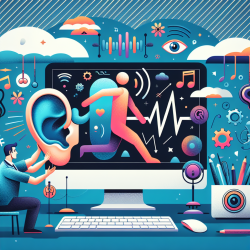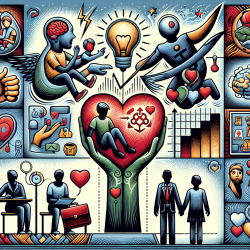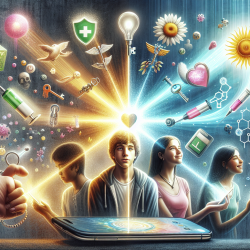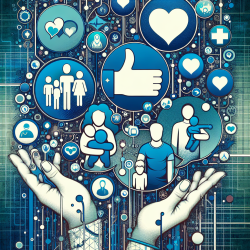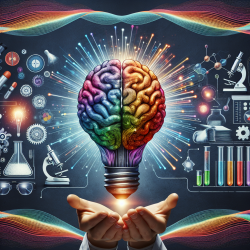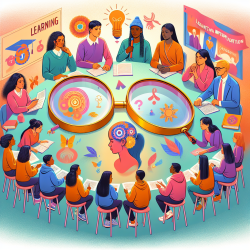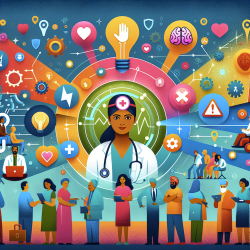Introduction
Access to medicines (ATM) is a crucial element in realizing the right to health, which is a fundamental human right. Despite progress, around 2 billion people globally lack access to essential medicines, particularly in lower- and middle-income countries. The research article "Access to medicines through global health diplomacy" by Chattu et al. emphasizes the role of Global Health Diplomacy (GHD) in addressing these gaps and fulfilling states' obligations to health as a human right.
The Role of Global Health Diplomacy
GHD is described as a multi-level, multi-actor negotiation process that shapes and manages the global policy environment for health. During the COVID-19 pandemic, GHD played a pivotal role in negotiating global policies to promote health as a public good. Initiatives like the COVAX Facility, which aimed to ensure equitable access to COVID-19 vaccines, highlight the potential of GHD in addressing health inequities.
Challenges in Access to Medicines
Despite efforts, several barriers hinder ATM, including intellectual property rights, data exclusivity, and high costs. These barriers often result in monopolies that limit the availability of affordable medicines, particularly in developing countries. The TRIPS Agreement, which governs intellectual property rights, has been a significant barrier to ATM, although it includes provisions for compulsory licensing in emergencies.
Strategies for Improving Access
To improve ATM, the research suggests several strategies:
- Reducing unnecessary medicine costs by abolishing tariffs and eradicating trade barriers.
- Accelerating access by simplifying drug approval processes and promoting open trade in medicines.
These strategies require global and regional collaboration, often negotiated at multilateral forums such as the WTO.
Encouraging Further Research
Practitioners are encouraged to delve deeper into the role of GHD in ATM. Understanding the intricacies of international negotiations and policies can equip them to advocate for better access to medicines. Engaging in further research and staying informed through publications and conferences can enhance their ability to contribute to this global challenge.
Conclusion
Health as a human right obligates states to ensure access to timely, acceptable, and affordable health care, with ATM being a critical component. Global partnerships and negotiations through GHD are essential in overcoming barriers to ATM and achieving the Sustainable Development Goals. Practitioners can play a vital role by staying informed and advocating for policies that promote equitable access to medicines.
To read the original research paper, please follow this link: Access to medicines through global health diplomacy.
